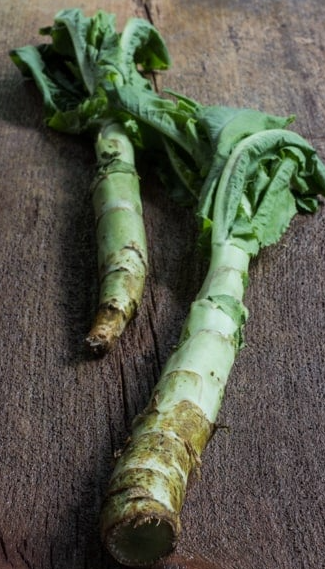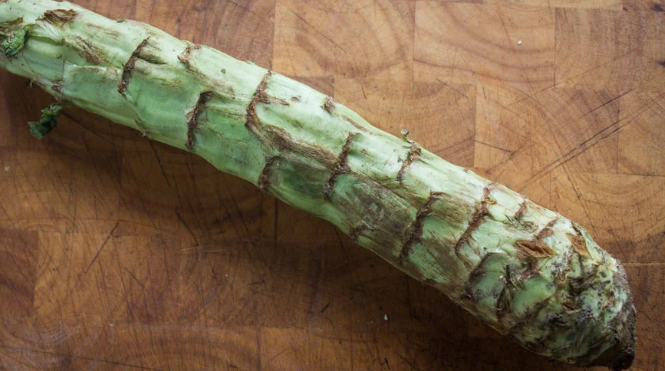Celtuce Plant
Celtuce, an annual, requires well-drained, fertile soil and partial shade to full sun. It's frost-tolerant, fast-growing, and benefits from regular watering.
Habit
Annual
Height
30-80 cm
Growth
Fast
Soil
Well Drained, Fertile
Shade
Partial Shade to Full Sun
Moisture
Moist
Edible
Yes
Medicinal
Yes
Origin
China
Climatic Condition
Temperate, Subtropical
Temperature (°)
15-25°C
Humidity (%)
50-70%
Potting media
Peat, compost, mulch
Fertilizers
NPK 5:10:10, rich in phosphorus
Watering
Regular, deep watering
Plant Weight
300-1000 g
Flowering Time
70-90 days after planting
Soil Ph level
6.0 - 7.0
Water Ph level
6.0 - 7.0
Soil EC
1-2 dS/m
Yield Per Plant
352-434 g per plant
NPK ratio
10:10:10
life Span
Annual
Health Benefits
High in fiber, rich in vitamin A, good for digestion
Suggested Grow Media or Potting Mix ?
40% compost, 30% peat moss, 30% perlite
Suggested Fertigation/Fertilizers
Fertilize every 2 weeks with a balanced, water-soluble fertilizer.
Common Diseases and Remedies
Aphids, Downy Mildew, Leaf Spot, Slugs and Snails, Powdery Mildew.
Curling, yellowing leaves White, fluffy growth on leaves Brown/black spots on leaves Irregular holes in leaves White, powdery coating on leaves
Insecticidal soap, neem oil Improve air circulation, apply neem oil Prune affected leaves, apply neem oil spray Handpick, use iron phosphate pellets Prune affected areas, apply neem oil
Imidacloprid-based insecticides, Fungicides containing metalaxyl, Copper-based fungicides, Metaldehyde-based baits, Fungicides containing sulfur.
HEALTH BENEFITS
· High in fiber, aiding digestion and gut health
· Contains vitamins A and C for skin and immune function
· Low in calories, making it ideal for weight management

